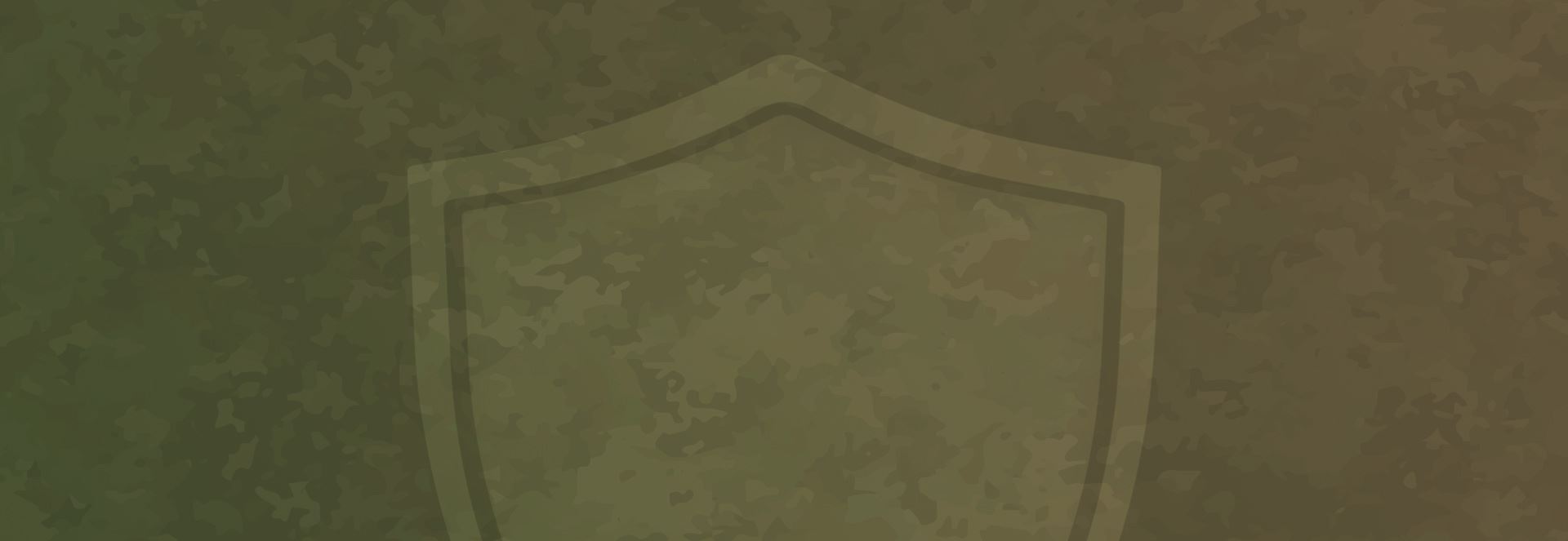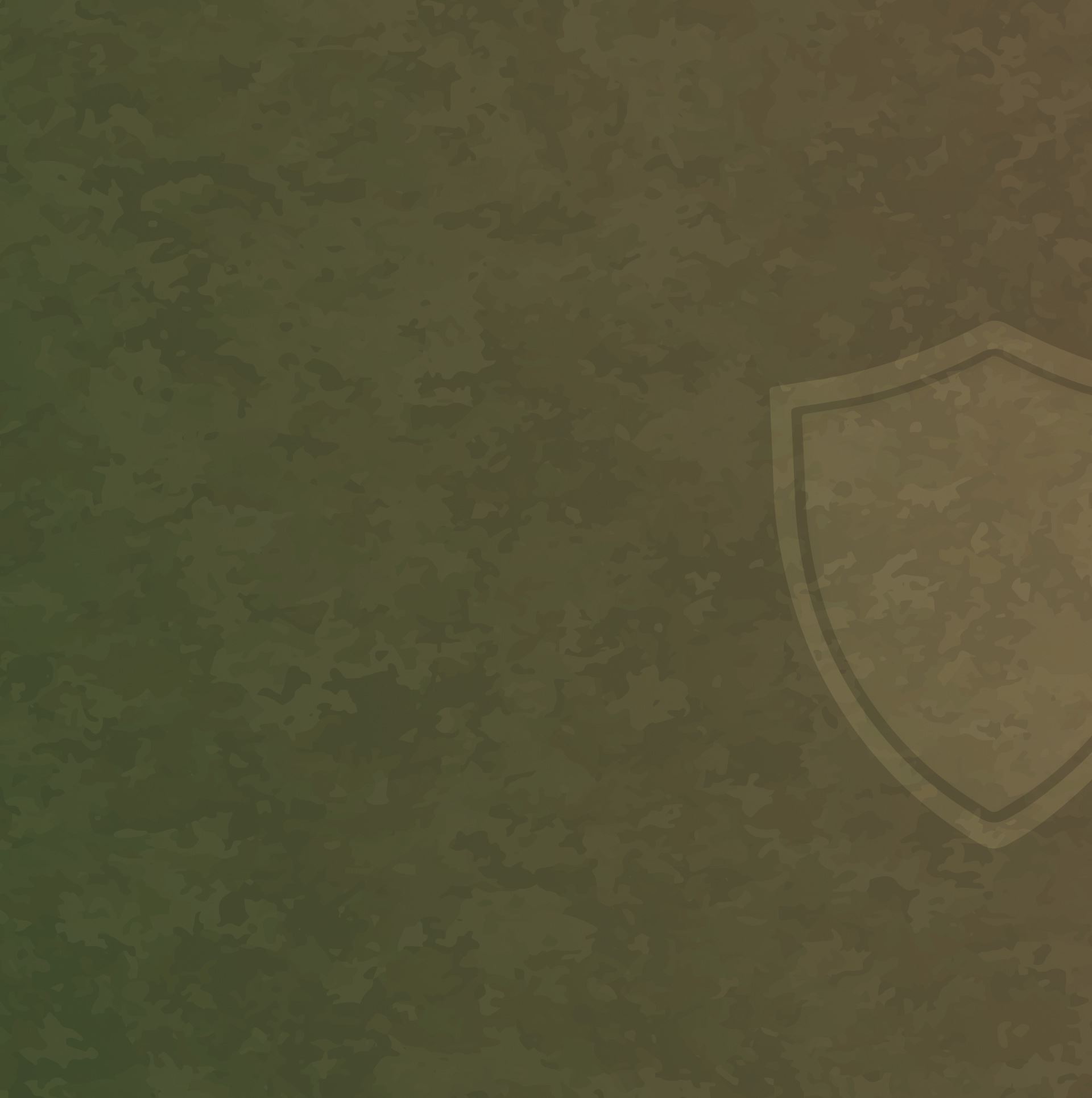
The Importance Of Quality Termite Control For Your Plymouth Property
It can get cold during Plymouth winters, so it is easy to think that it is far too cold for termites to survive here; but not only can termites survive here, they can do quite a bit of damage! Join us today as we discuss a few important facts every Plymouth resident should know about termites in our area. We'll discuss how to detect termites and the challenges of termite detection. We'll talk about why termites get into homes and how much damage they're capable of doing. We'll end by telling what works to effectively control termites. If you'd like to speak to someone about your termite concerns or you need advice regarding termites or termite damage you've found, jump to our contact page.
Combat Pest Control offers industry-leading termite pest control in Plymouth, and we are happy to help. With that said, let's get into our subject matter for today.

Why Combat Pest Control Is The Right Choice For Your Home Or Business
-
Affordable TreatmentsPest control should not be something that’s too expensive to be within reach. Combat Pest Control offers a range of pest control options and plans to meet any budget while delivering the service you need.
-
Exceptional ServiceAs a local business that has served the Plymouth area for over 25 years, Combat Pest Control takes our commitment to our customers seriously. We treat you like our neighbors because you are!
-
Customized Pest SolutionsNo two homes or businesses are alike or have the same pest control needs. We take the time to identify your pest issues and assess your unique situation so that we can create a customized treatment plan to meet your needs.
-
Best-In-Class ServiceCombat Pest Control is a local company that treats our customers like our neighbors because you are! From our friendly, informative technicians to our no-nonsense guarantee, you won’t find better service anywhere else.
About The Termite Caste System
A termite colony is rich and diverse. Everyone has a job, from the queen to the humble worker. Let's take a moment to discuss the jobs or "castes" in a termite colony. They offer insights into what is needed for quality termite control in Plymouth.
- Queen: She is at the heart of her colony, and you won't ever see her unless you dig into the ground and expose her nest. If you expose her, you'll find a big blob of a creature, with a black head and thorax attached. The blob is the abdomen of the queen, which grows as she produces offspring. The enlarged abdomen is tan with brown crosssection lines. Some termite queens can produce one egg every three seconds. In the course of one day, she may produce more than 28,800 eggs. That is 10,512,000 eggs a year! There are factors that limit this growth, but you can see how things can quickly get out of hand.
- King: The termite king is somewhat different from many other male insects. He stays by his queen and continually helps with the production of offspring long after the establishment of a colony. Unlike the queen, the king doesn't grow into a blob. He continues to look the same as he did when he became a king. The king starts as a winged reproductive. The only difference after the colony is established is that he loses his wings. His queen does this as well. The wings shed by the kings and queens may be you're only warning sign of an infestation.
- Reproductives: In a termite colony, worker termites may develop into reproductives to assist the queen and the king. Under the ground, reproductives may move out of their original nests and create new nests, called satellite colonies. These new nests are created without the reproductives coming above ground.
- Swarmers: These are winged reproductives. They exit the colony, take to the air, and mate. Once the mating process is done, the swarmers shed their wings and disappear back into the ground. A swarmer is about ? of an inch in length and has long, white wings that are a stretched teardrop shape. The wings stack on top of each other and do not have a cleft at the tips, like the wings of an ant swarmer. The swarming and mating behavior of male and female termite reproductives takes less than an hour.
- Soldiers: These termites are generally twice as large as the workers. They have large orange heads and black pincers. The job of the soldiers is to protect the workers. When termite tunnels are exposed, these are the termites you are likely to see first.
- Workers: These are the most plentiful termites in a colony by a long shot. Workers are the only termites that eat wood. All other termites get their food from the workers through the sharing of fluids. A worker looks like a pale, fat ant. It is about ? of an inch long and has six legs, two antennae, and three body parts. Worker termites have a strong aversion to light and will avoid even the reflection of light off the moon. Termite identification is essential as catching a glimpse of termites in your yard can alert you to danger and allow you to call a professional for a subterranean termite treatment in Plymouth.
Now that you know what you're up against, and the difficulty of detecting these insects, let's talk about how termites will damage your Plymouth home or business. It is not commonly understood why termites are a serious threat in New England. These facts will shed some light on this secret threat.


A member of our team will be in touch shortly to confirm your contact details or address questions you may have.
Why Termites Infest And Destroy Wooden Structures
Termites eat cellulose. A preferred food source is the cellulose found in decaying wood. When they enter your yard, they'll likely feed on wood debris first. They may find dead branches stacked in a pile. They may find a tree that has fallen over, a log lying on the ground, stacked wood, or construction materials. Once in your yard, termites may find the wood inside your home and begin to nibble. We can't tell you how much of a threat termites will present to the structures on your property, but you should know these facts.
- Termites never stop looking for food, even after they've found a food source. Termites can damage your home while eating other wood sources in your yard at the same time.
- Termites are simple organisms. They never sleep.
- Subterranean termites live underneath the ground and will slow down or stop completely during the winter. But when they get under a structure that heats the ground, they don't have to stop for winter.
- One little worker termite can't do much damage, but a colony of several hundred thousand termites will.
- Termites can travel a hundred yards to find a food source, and more than one colony can feed on your home at the same time.
- Termites often enter homes through cracks in foundations, and wood that is planted in the ground, such as the wooden posts of a back deck. When termites do this, they can enter a home without creating any visible signs.
- Subterranean termite workers often create shelter tubes. These above-ground tunnels are detectible, but workers typically create them in locations that are dark and difficult to inspect.
- Termites silently feed on wood. The only detectible noise they make is the clicking of soldier heads on tunnel walls when there is an invasion. But this is rare.
It is essential to apply effective termite control to guard your Plymouth property from damage or to arrest a termite infestation in your home or business when you are fortunate enough to detect these insects. Let's explore a few facts and statistics that will give you an understanding of the extent of damage termites can cause.

Hear From Our Happy Customers
They really do say it best!
At Combat Pest Control, your satisfaction is our priority! See for yourself what our customers have to say about working with us.
-
"They were great!"
The owner came out himself and he found a second huge yellow jacket nest that we didn't even know was there and he took care of that nest too.
- Jill G. -
"Highly recommend!!!"
Combat is the best! We couldn’t live in Hanover with John and his crew! Very responsive and thorough.
- Michelle L. -
"Professional, Friendly, & Informative"
John was professional, friendly, and informative. I would highly recommend John and Combat Pest Control to anyone, and if needed in the future they will be the company I call first for any type of pest control in my home.
- Michelle R. -
"The Best!"
Chad is super knowledgeable and friendly. Appreciate his work as well as the rest of the Combat team!
- Robert P. -
"Combat is great!"
They're easy to work with, pricing is great and they always manage to get someone to my house when needed. Having a dedicated technician is helpful too to build rapport with the company.
- Anthony G. -
"I strongly recommend Combat Pest Control"
This is our third year with them. We first called because of ants in the house. I couldn't stop them. Combat did the job and we are ant-free. Combat responds quickly to an ant in the kitchen and wasps and bees nests. Thank you Combat !
- Mark C. -
"Highly recommended."
I'm very pleased with John's pest control performed on my house in south Weymouth. He has found the nest of the ants. I really appreciate his professionalism. Will hire them again and again.
- Shirley H. -
"Made Everything Easy for Us"
John & the Combat team know our house well and the critters that challenge us. He's quick to respond to any attempted incursion and quickly responds to defeat them. They also take great care in working around our dogs
- Kristen P.




.2410290506368.jpg)

